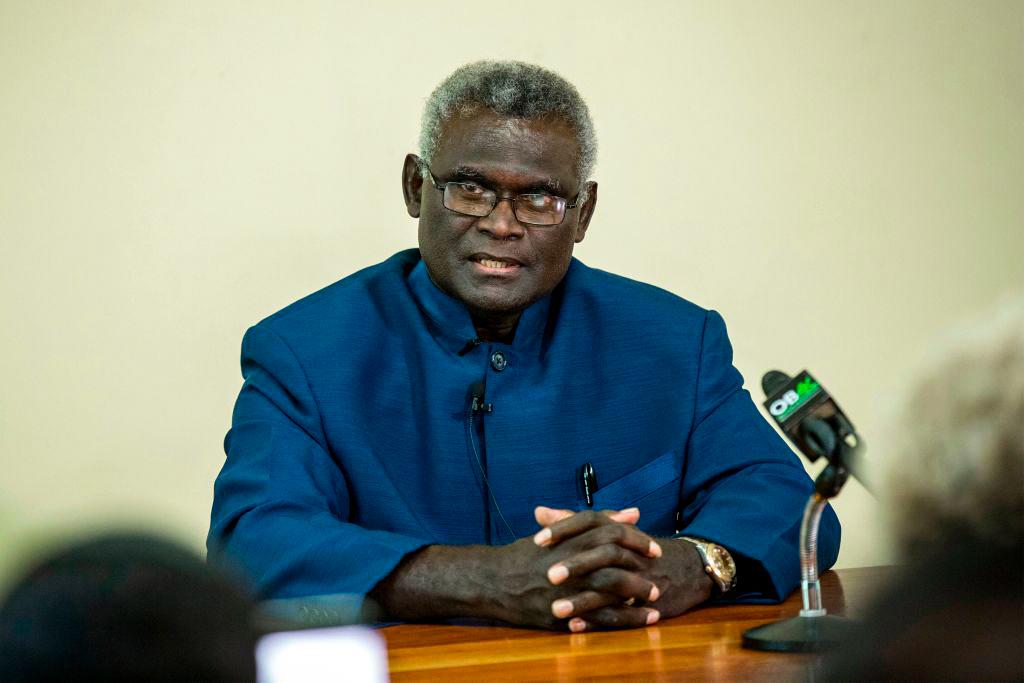A no-confidence vote against Solomon Islands Prime Minister Manasseh Sogavare has failed in the country’s Parliament amid increasing unrest and dissatisfaction with his tenure as the Pacific nation’s leader.
On Dec. 6, Sogavare’s backers easily voted down the motion of no confidence, 32 to 15. However, the prime minister gave a scathing, 90-minute address against his detractors beforehand, saying he would not give in to “Taiwan’s agents” or the “forces of evil.”





